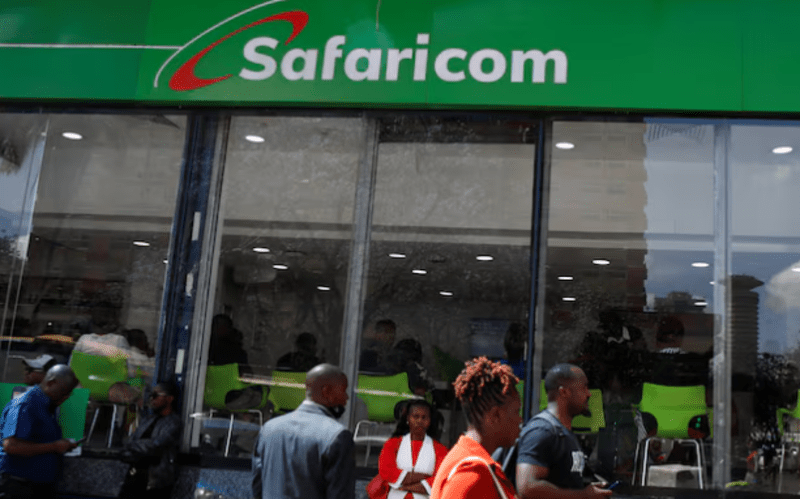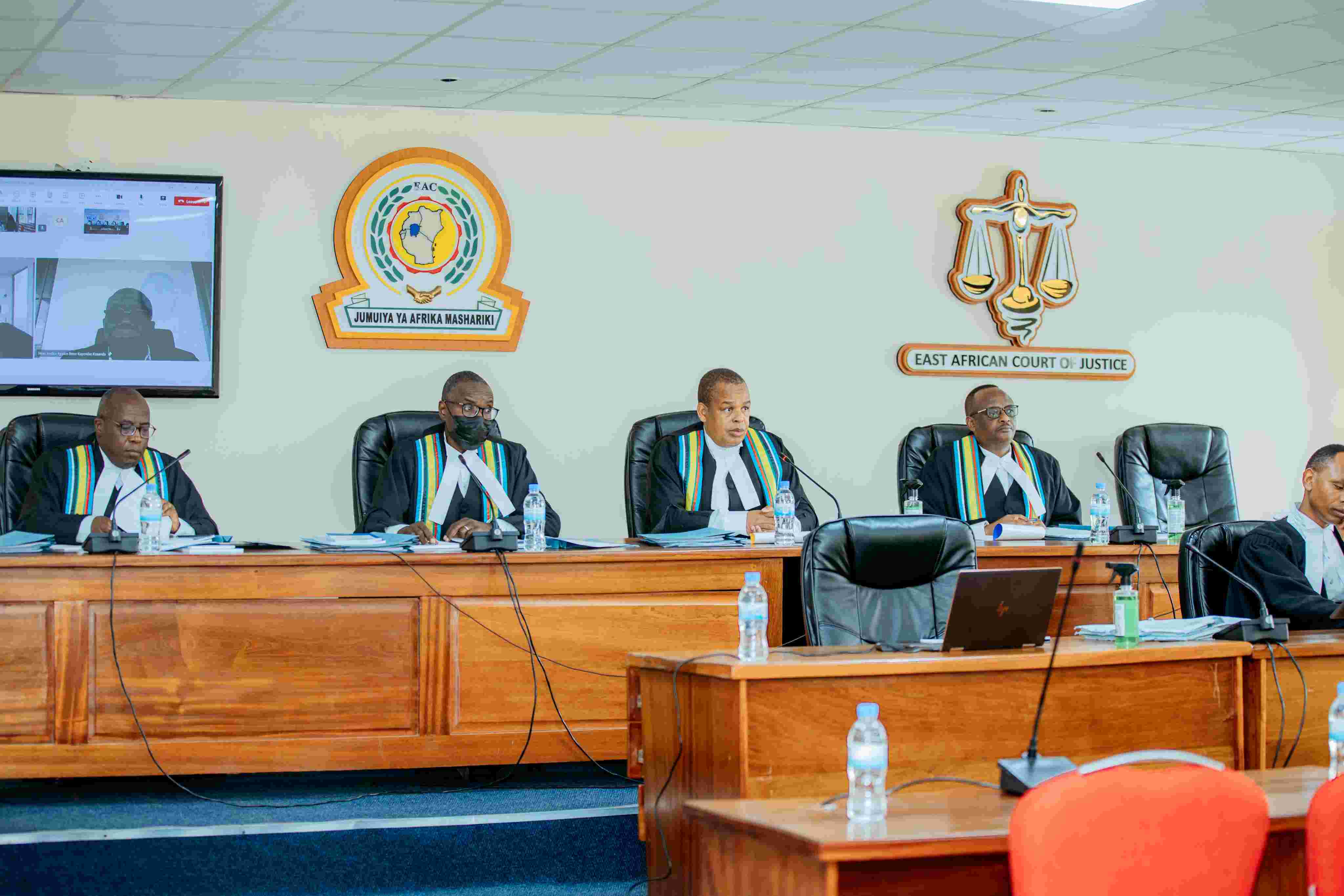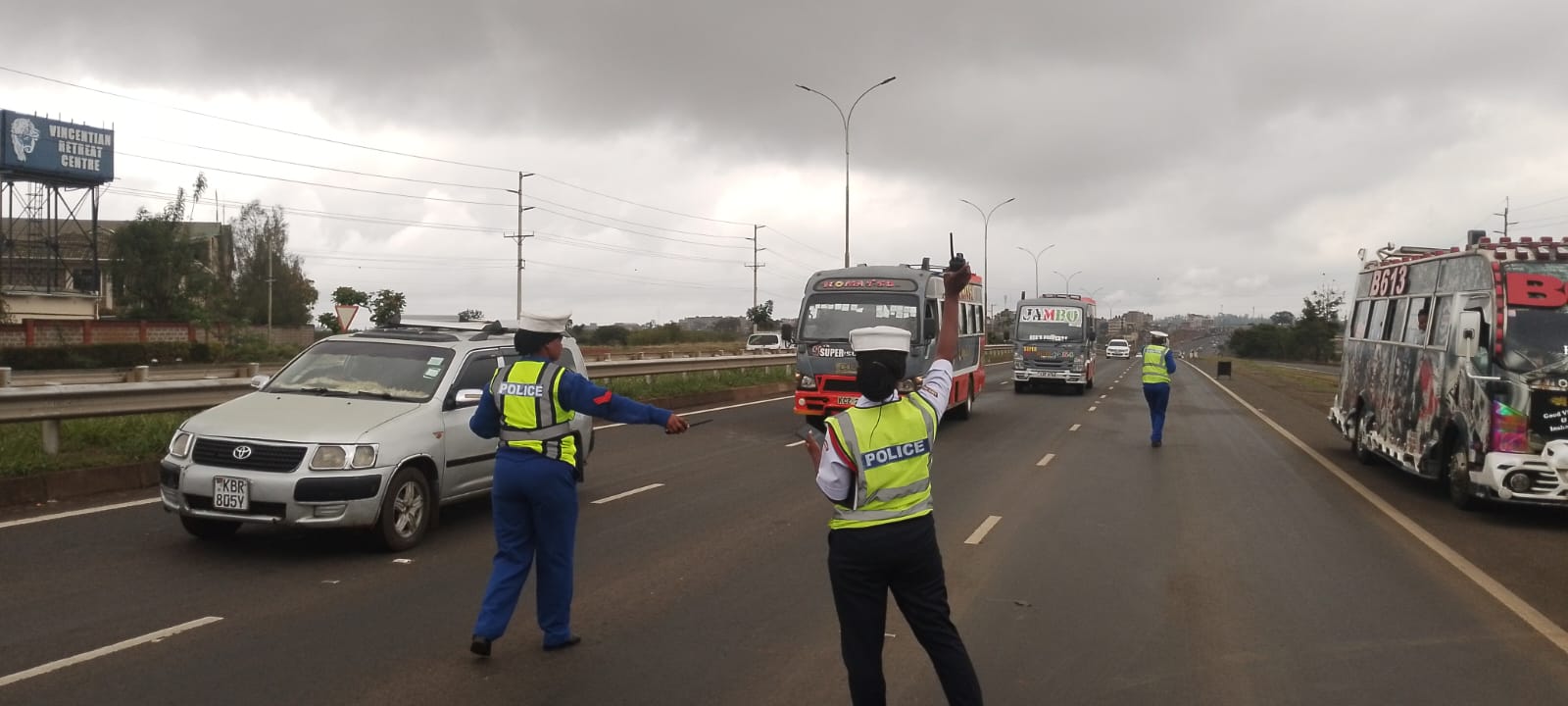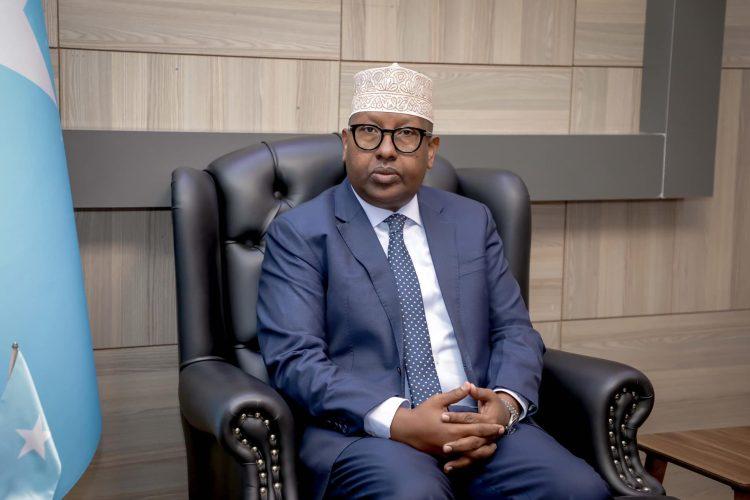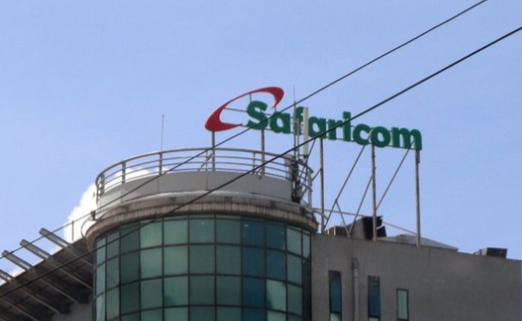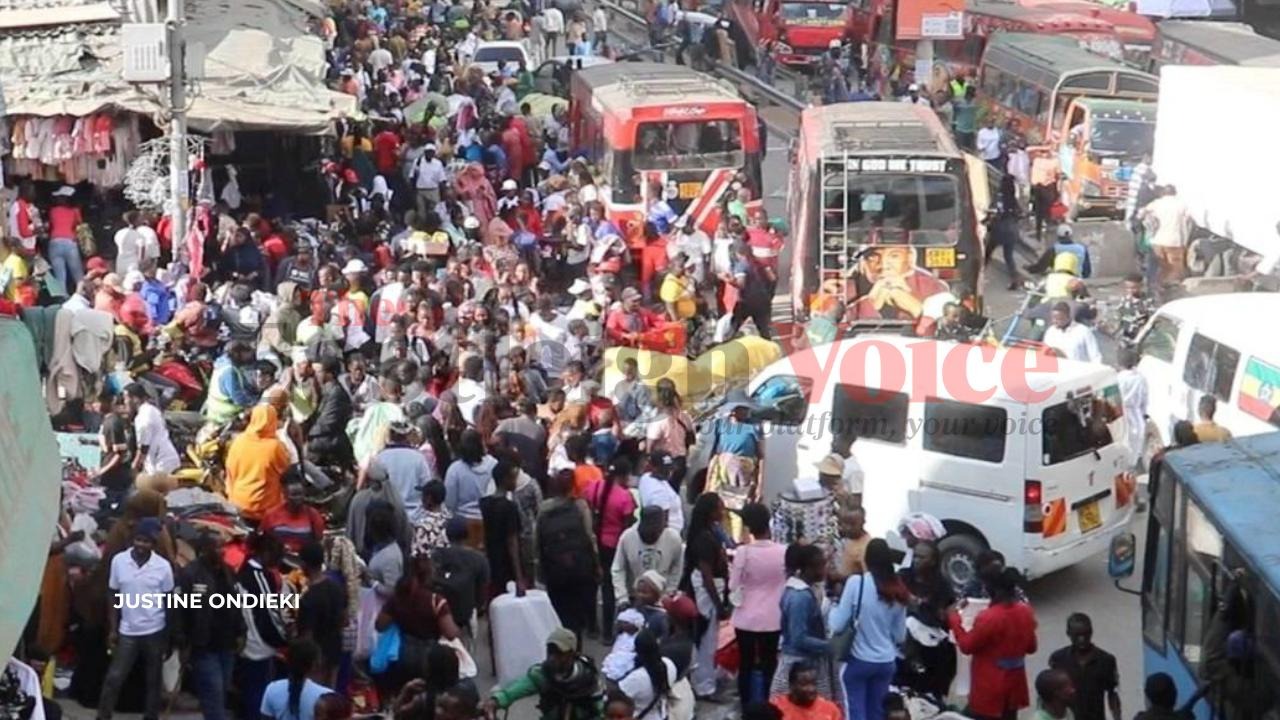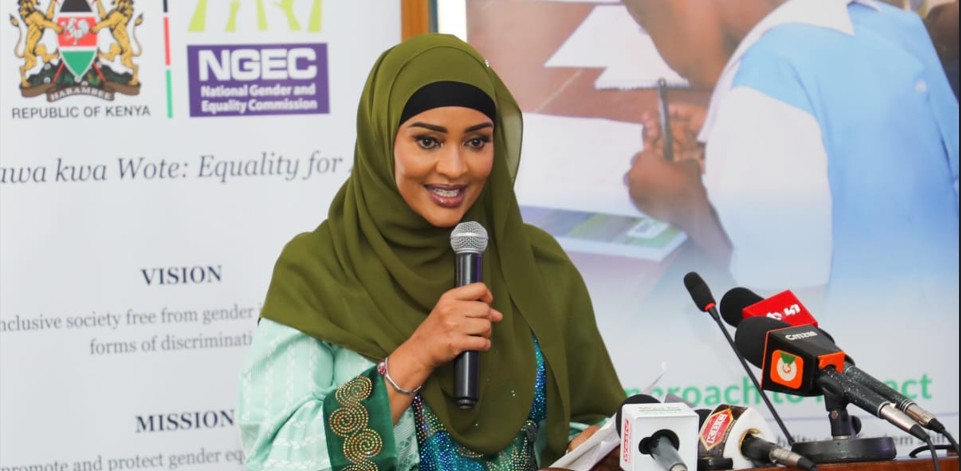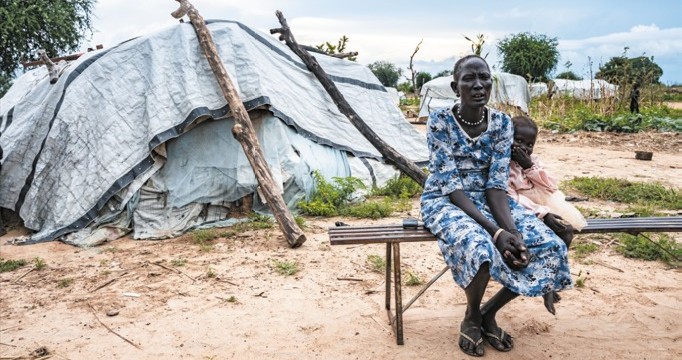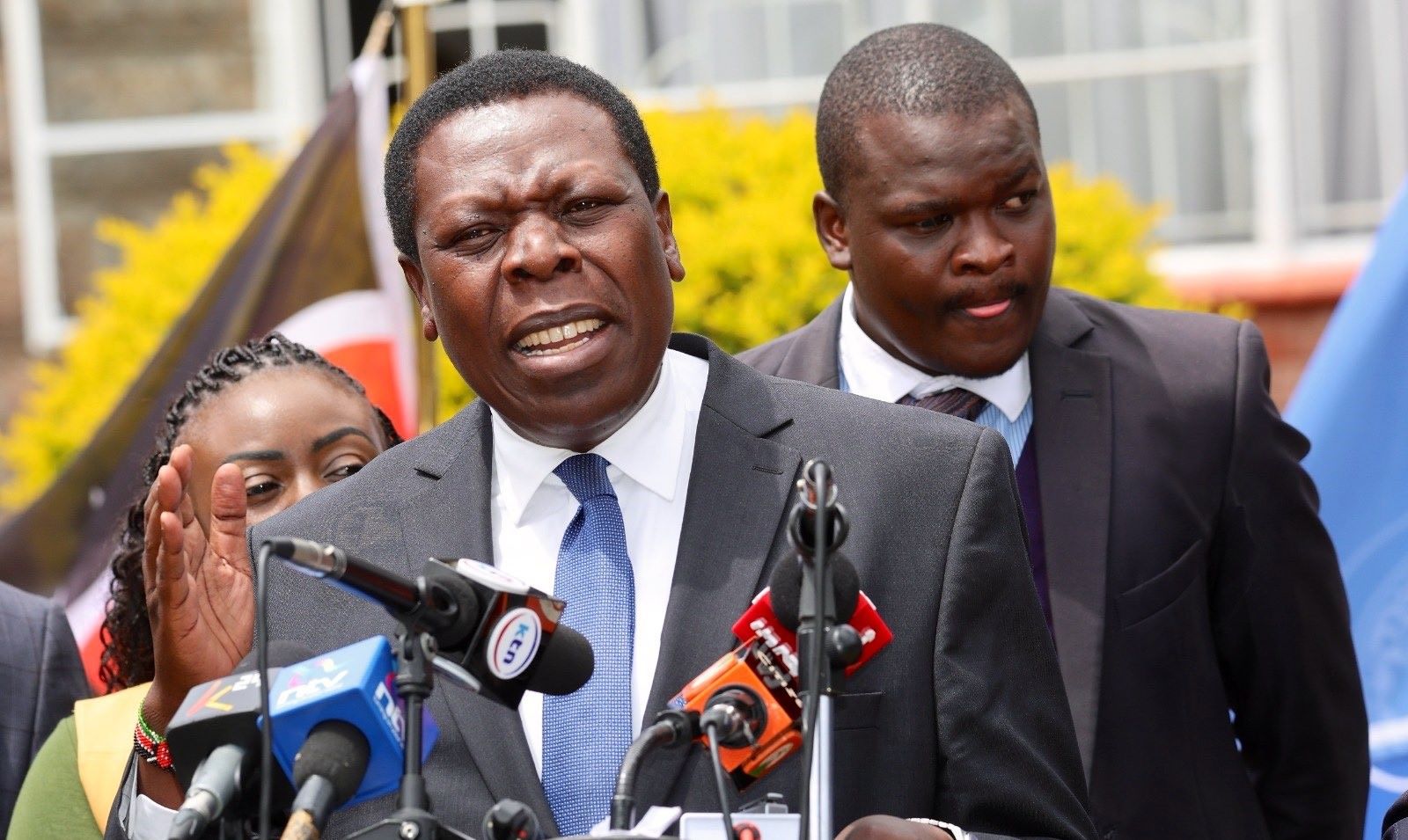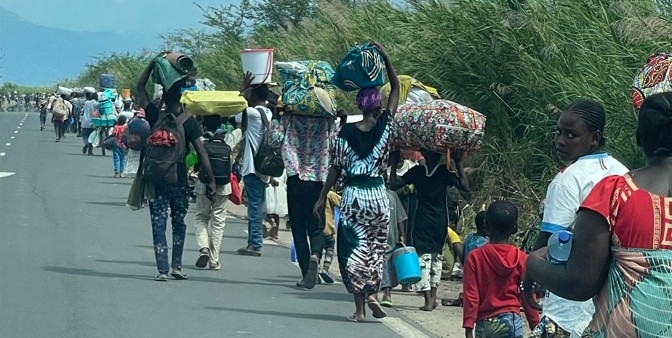Nairobi MCAs call for probe into city's stalled affordable housing projects
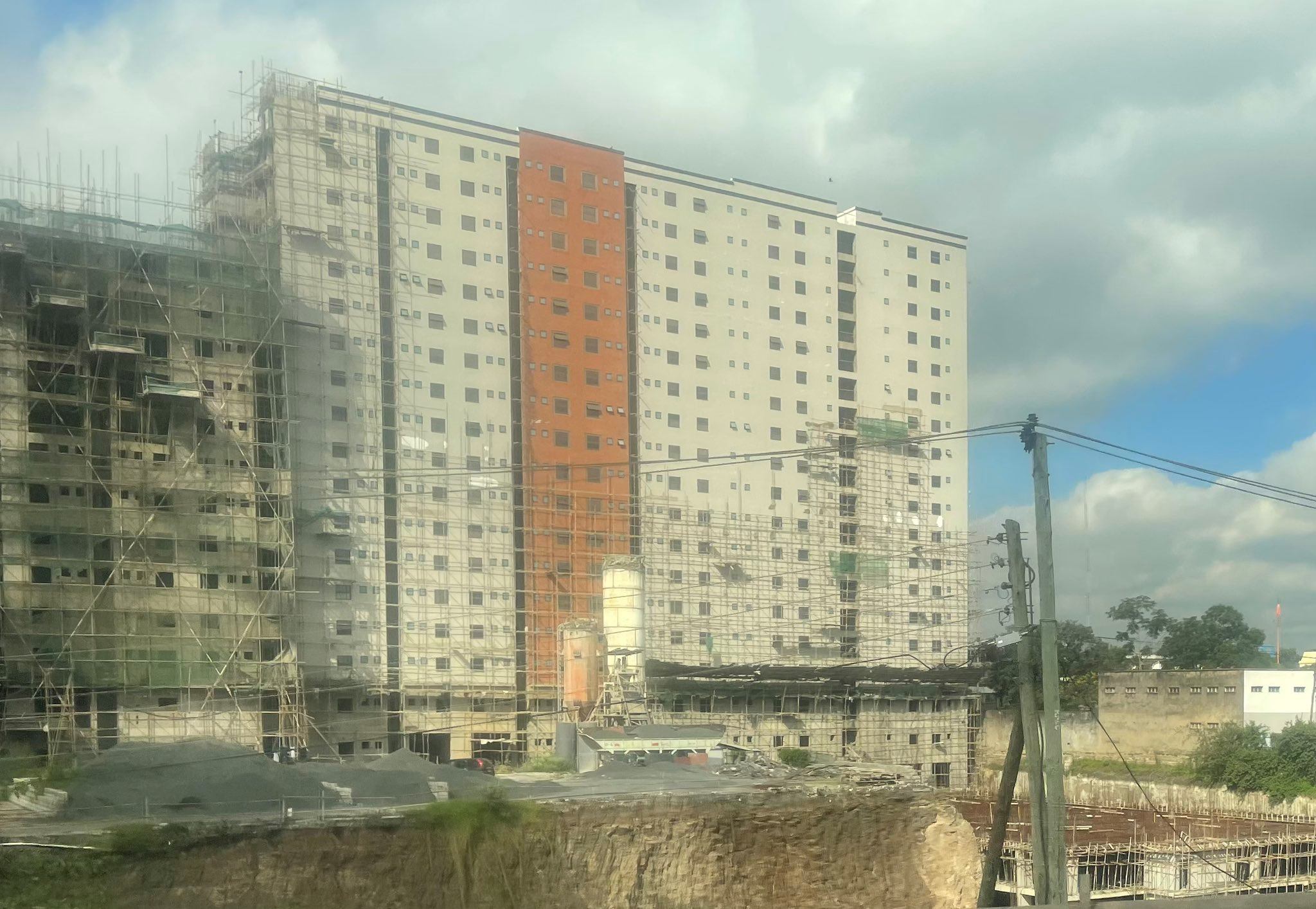
Members of the County Assembly have raised concerns that the Pangani and Jeevanjee projects, launched in 2018, have stalled despite their importance for residents.
Nairobi Johnson Sakaja's administration has been put on the spot over the slow progress of the city's affordable housing projects.
Members of the County Assembly have raised concerns that the Pangani and Jeevanjee projects, launched in 2018, have stalled despite their importance for residents.
More To Read
- Parliament seeks Controller of Budget control of Sh63 billion Housing Levy to curb misuse
- PS Hinga defends Makongeni demolitions, says majority of tenants were paid Sh150,000
- Law Society of Kenya demands immediate halt to Makongeni demolitions over lack of compensation
- Only 54 of 540 acres properly titled for affordable housing, governors warn
- Makongeni residents protest planned demolitions under affordable housing project
- SUPKEM refutes claims linking Huruma mosque to affordable housing project
In a recent request for a statement, Ngara Ward MCA Chege Mwaura pointed out that current reports indicate that the projects have not only stalled but that there are also questions about the ownership of the title deeds for the lands involved.
"The affordable housing project is a key programme of the County Government that was launched in 2018 and whose progress has been quite slow with current reports indicating that both the Pangani and Jeevanjee projects have stalled. It's crucial to know whose names are on the title deeds," he explained.
As a result, the UDA legislator called on the Chairperson of the Sectoral Committee on Lands, Planning and Housing to investigate the situation and report to the house when the contracts for the Pangani and Jeevanjee projects were awarded and to which companies.
Chege also requested detailed information on the number of housing units planned for each estate, including those completed, sold, and still pending sale.
The legislator further called for an explanation regarding the reasons behind the delays in completing the projects.
"We need to understand why these projects have not moved forward as expected," Chege said.
In addition, the county executive was also asked to clarify the measures being implemented to ensure that the affordable housing projects are realised within the timelines set out in the contracts.
With Nairobi's population growth over the years, the demand for housing also increases.
Phase One of Nairobi's AHP which was launched in 2018 aimed to develop eight estates, however, up to date only two have taken off but have never been completed
They included Pangani, Jevanjee, Ngong Road, Uhuru and Suna Road estates as well as Inspectorate staff quarters.
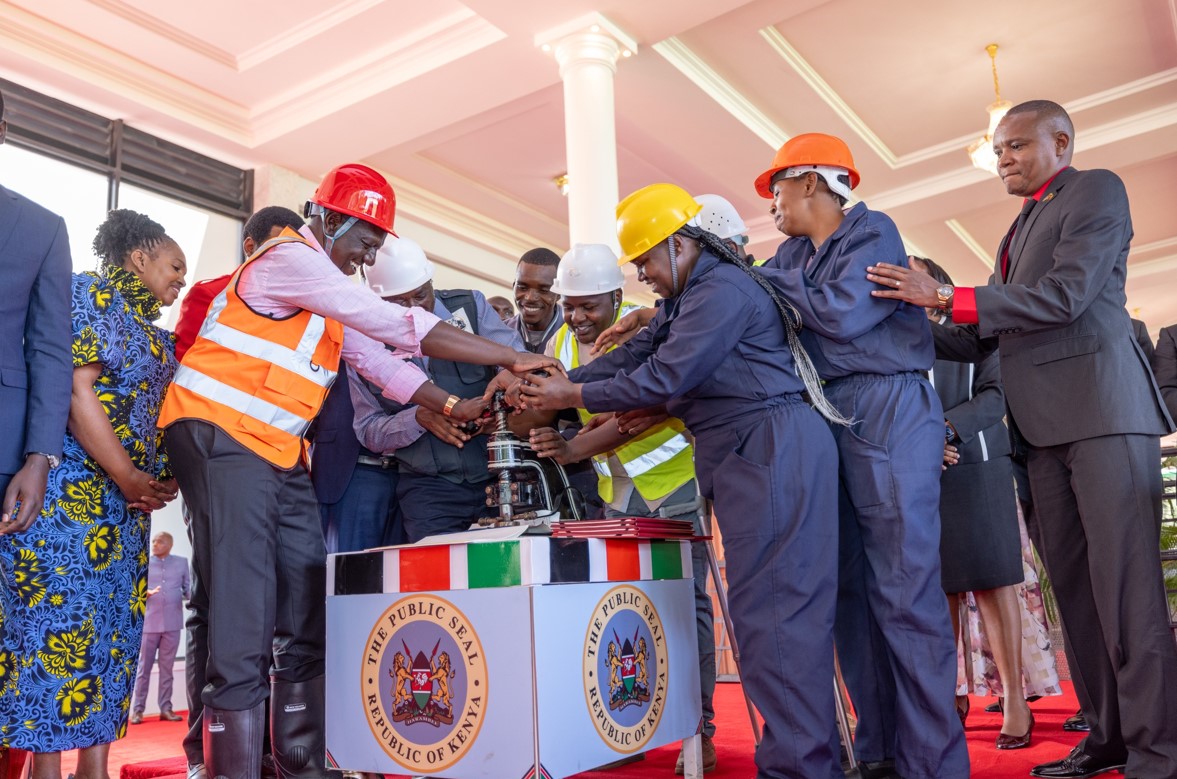 President William Ruto assents to the Affordable Housing Bill at State House, Nairobi on March 19, 2024. (Photo: PCS)
President William Ruto assents to the Affordable Housing Bill at State House, Nairobi on March 19, 2024. (Photo: PCS)
Currently, Pangani which cost Sh25 billion is finalising the setup of eight blocks that will have 1,562 units standing on 5.2 acres of land.
Jevanjee formally known as Bachelor Quarters has 1,900 units being set up from land that was previously occupied by 81 houses.
Lack of documentation
In March 2023, Governor Sakaja cited that lack of land documentation is among the reasons why most of the phase one projects never kicked off.
"The delay of the other projects in Suna Road, Ngong Road Phase 1 and 2, Uhuru, Old Ngara and New Ngara has been due to various reasons. This is being addressed and we will ensure that these documents are availed in time to support timely project implementation in this new phase," he said.
At the moment, Nairobi has only 16,453 social housing across over 32 estates.
Sakaja noted that with the current state of poor housing and high levels of urbanisation, Nairobi is in dire need of increasing the housing stock, especially for low and middle-income households.
He explained that the urban renewal programme is anchored on the Nairobi Integrated Urban Development Master Plan (NIUPLAN), which identified the redevelopment of Eastlands.
The plans also received a boost after the county boss said that the Japan International Cooperation Agency (JICA) supported the project.
Bahati estate will set up 9,000 units, Jericho 6,000, Lumumba 4,000, Maringo 4,000, Woodley 3,400, Ziwani 2,500, Embakasi 2,500, Kariobangi North 2,000 and Bondeni will get 700 units.
The Governor revealed that the project will entail 70 per cent affordable housing units, which will be sold at a cost of between Sh1.5 million and Sh3.5 million.
The remaining 30 per cent will be developed to target middle and higher-income households.
City hall identified nine estates that have been earmarked for the urban renewal program
The estate include Bahati, Maringo, Jericho, Lumumba, Ziwani, Bondeni, Kariobangi, Embakasi and Woodley.
Governor Sakaja revealed that the move will reduce the shortage of affordable rental houses in the city.
"Nairobi's population has grown over the years thus increasing the demand for housing. We have a shortage. More so a good per cent of the residents of this city are unemployed or low-income earners and thus cannot access decent affordable housing," he said.
Top Stories Today
Reader Comments
Trending

